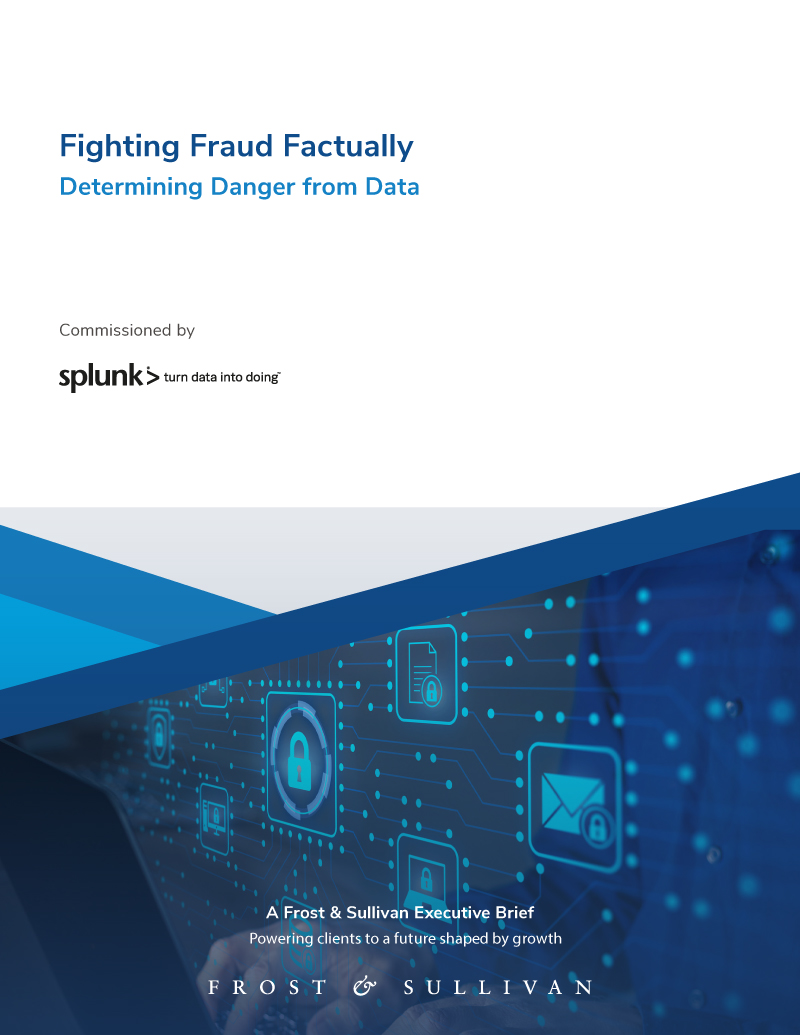Fighting Fraud Factually: Determining Danger from Data
The COVID-19 pandemic had undeniably exacerbated the volume of fraud these past 2 years. Currently, many existing solutions lack the depth of detection and scalability required to tackle the modern fraud landscape. Organizations need to adopt data-first approaches when combating fraud. Data is one of the most crucial elements in insight generation; interpreting and expressing data in multiple ways can help uncover oversights and anticipate problems before they occur.
Machine learning can process data using built-in algorithms and rulebooks to perform automatic detection and alerting. This helps organizations stop potential fraud while minimizing human intervention, saving fraud department valuable resources, and decreasing business costs.

- The Current State of Fraud
- How Data Can Help Identify Fraud Patterns
- Why Organizations Need a Data-first Approach to Combat Fraud
- 3 Essential Considerations When Assessing Fraud Detection Solutions
Download the Complimentary Executive Brief
"*" indicates required fields